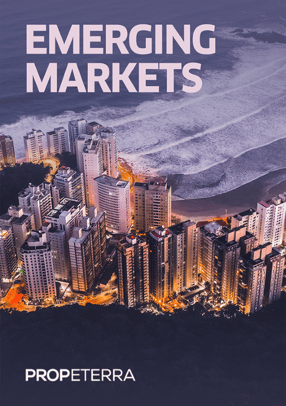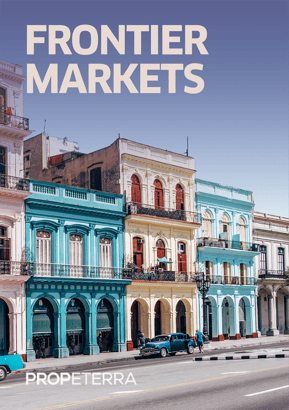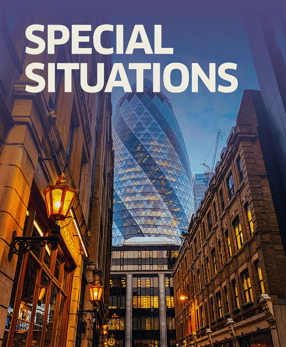
In a world where population growth and demand for resources continues to push the frontiers of human interaction with mother nature, there exists a new breed of capitalist seeking sustainability and profit. Pre pandemic, there was increased awareness in developed markets (and in the world’s main urban areas) of the need to engineer and construct buildings to reduce emissions. But where before this was perhaps confined to well regulated jurisdictions, and high minded multibillion dollar institutions, it has now gained currency and traction across the board. No more so than in luxury beachfront residences.
Part of this is prosaic. In a world with more erratic weather and rising sea levels, sustainable construction is vital. Properties risk obsolescence more quickly than before, and there is a premium applied to structures which have paid close attention to the natural environment. This fact is compounded by humidity and tropical conditions. Often in emerging and frontier markets, product can appear immaculate at completion, but quickly degrade if lifecycle maintenance is under funded. With modern building technologies, there is scope to preserve and enhance value, and investors are factoring this into their estimations of worth.
It’s self evident most incoming purchasers of real estate in remote, exotic locations, do not do so for these assets to lie vacant. Typically, they will use the units for a convivial few weeks each year, however, will also rent them out to help cover operational costs and taxation in the times they are not there. Often, this involves houses being placed into rental pools under a brand. In this competitive segment, sustainability is not a buzzword, but a demonstrable source of demand. A Tripadvisor survey suggested 62% of travellers are more likely to choose a hotel or accommodation if it has come into being (and then operates) with eoc-friendly principles. Similarly, a paper by Cornell University, found hotels with green certifications could command room rates 11% higher than comparable non-certified hotels.
These dynamics are not lost on government, regional or national. Appreciating the need to avoid touristic areas becoming white elephants or monuments to faddish mass tourism, there are increased requirements for adherence to environmental practices. In certain jurisdictions in Southeast Asia this has even led to tax incentivisation for structures which have a net positive benefit to the environment. This trend- already discernible in some of the more progressive countries in the region- seems set to become widespread as ASEAN pursues ambitious emissions targets. By investing in buildings which are already future proofed in this way, there is less of a requirement to retrofit or reimagine as circumstances evolve.
Allied to this, there is a compelling argument that the secondary real estate market will be more robust for sustainable buildings. Not simply in an inflationary environment pushed by war and aggression, but more generally, energy independence is sought. The benefits are uncomplicated in the form of lower maintenance and operational costs. Amongst the wealthy, there is also a desire to be less dependent on the vagaries of public policy, especially in developing countries. Whether with routine load shedding across South Africa in 2023, or internet blackouts in conflicts from the Horn of Africa to Western Asia, there is renewed appreciation of existing sustainably off grid.
These trends point to greater price appreciation for beachfront properties which reflect prevailing best practice of the sustainable building industry. None of these principles are revelatory, however, it is still sadly routine to see new developments geared to a quick profit rather than longer term return on investment. Site selection and land use is particularly important in waterfront development, so too, material and water efficiency. An environmental audit against these criteria continues to yield benefits for incoming investors. Digging a little beneath the surface and finding the individuals and companies which live and breathe these principles, not for temporary gain, but out of conviction, will continue to pay dividends, especially in this segment of the market.



